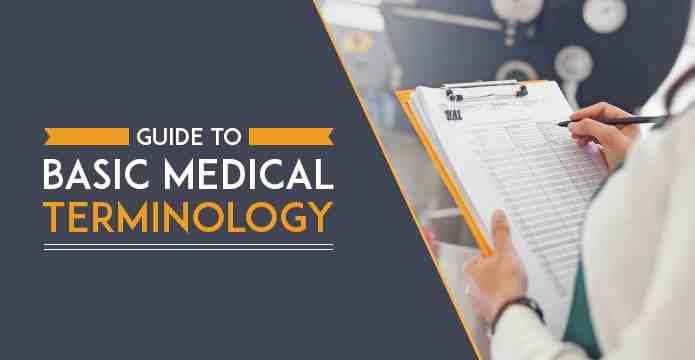The students who will be graduating with BBA (Hospital Management) will have wide career prospects as Hospital administrators and operators, Hospital quality management, Hospital business development, Medical tourism, Marketing, Tele medicines, Health care insurance, etc.
To a teacher who is involved in teaching the medical terminology/physiology, students ask random questions as to why are they have to study the medical or human physiology and why are they made to learn about the terminologies that are used mostly by doctors or nurses or those who belong to the core medical science.
The majority of the students who come to study the BBA in hospital management are from Arts or commerce (Higher Secondary). They find it difficult to grasp the terms used in human physiology and ultimately they start disliking the subject.
So, here are some reasons why the students of Bachelors in Hospital Management are made to study medical physiology in the first place during their first year of BBA (HM). This is course entirely concerned with the management of hospitals.
Understanding the basics of medical terminologies is essential-
The basics of biology should be clear to the managers because they will be dealing with patients and doctors daily. They have to deal with patients who may be suffering from some other ailments. The manager should have the ability to direct the patients, to give proper guidance to the patients, and must be familiar with the terms and diseases which will be part of the diagnosis by the doctors.
In the healthcare sector which is a booming industry in itself, a good grasp of medical terminologies is very important to job performance, whether you spend every day with patients or never step foot into a doctor’s chamber or clinic. People in the healthcare system whether in clinical or non-clinical positions within a hospital must be able to use the medical terminologies every day to understand what is being written in the documents of the patients, what is being read, billed or communicated during everyday job duties.A clear understanding of the medical terminologies can make you a competitive candidate for healthcare positions.
For effective communication-
Medical terminology allows all medical professionals to understand each other for effective communication among themselves. When everyone understands what a condition, medicine, or procedure is, they can fulfill their roles accordingly, whether that is delivering medicine or billing for medicine or talking about health insurance or dealing with patient’s medical policies.
Understanding medical terminology also allows all employees to fully understand team communications and training, whether it is HIPAA compliance training or infection control training. HIPAA compliance involves fulfilling the requirements of the Health Insurance Portability and Accountability Act of 1996, its subsequent amendments, and any related legislation. These trainings are vital to creating a safe environment for both patients and employees.
Improved Patient Safety
Quality communication among all the members of a healthcare team improves patient safety by reducing the chances of major or minor mistakes. For example, if any healthcare professional knows the patient’s full medical history, including procedures or prior conditions, it adds an advantage for effective and smooth communication with the patient and the family concerned. If someone confuses the terminology, putting the wrong condition or procedure into the chart, this can make a huge difference in the care the patient receives. Treatment may be less effective, or in some cases, dangerous same applies to the other healthcare professionals working in hospitals.
More Efficient Care
Healthcare professionals may see or come in contact with dozens of patients every day. To provide more efficient care, physicians or nurses may write quickly and scribble common abbreviations. All members of the care team should be able to understand these abbreviations and terms to provide the best care possible.
